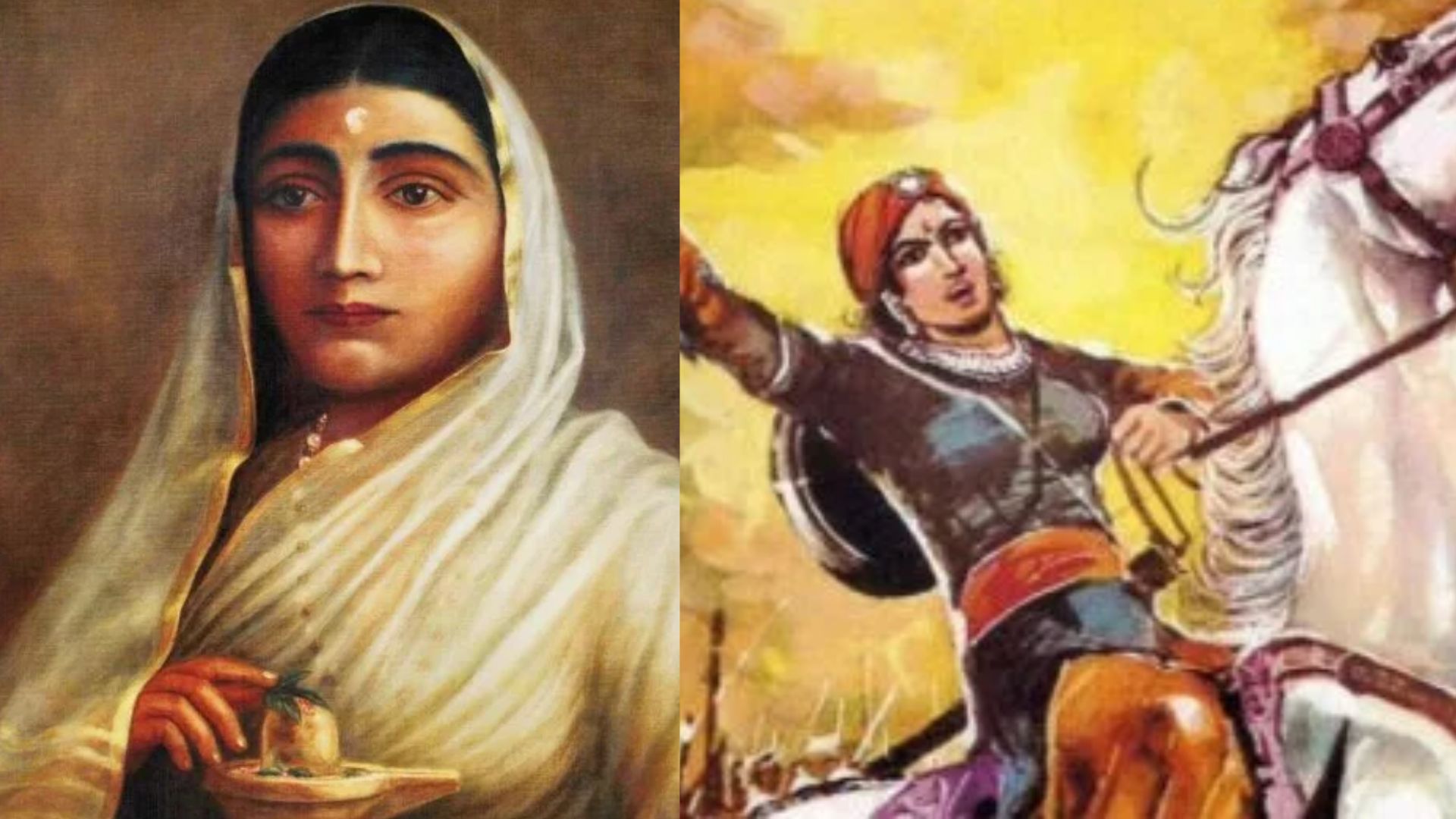Absolutely, celebrating the incredible achievements and contributions of women is crucial, and International Women’s Day provides a valuable opportunity to recognize and honor their enduring legacies.
- Queen Ahilyabai Holkar: Born in Chondi, Jamkhed, Ahmednagar, Ahilyabai Holkar, despite facing personal tragedies, rose to power through what many describe as her tryst with destiny. Married into royalty and losing her husband, father-in-law, and son within a few decades, Ahilyabai became the queen. She emphasized the importance of women’s education and welfare.
- Rani Chennamma: Faced with the challenge of adopting an heir to preserve her state Kittur’s princely status against British colonization, Rani Chennamma chose to fight. Adopting a boy named Shivalingappa led to conflict with the East India Company, resulting in an armed confrontation. Though she resisted initially, Chennamma was captured, imprisoned for life at Bailhongal Fort, yet her resilience remains legendary.
- Rani Durgavati: Ascending the throne with stories of valor in her ears, Rani Durgavati ruled fearlessly, shifting her capital to Chauragarh despite threats from Akbar’s army. During the Mughal army’s attempts to capture the fort, Durgavati, wounded with arrows, chose a swift end, plunging a knife into her stomach to avoid a slow, painful death.
- Naiki Devi: As the queen regent of Anhilwara Patan in 1173, Naiki Devi faced the threat of Ghurid prince Muhammad Shahabuddin Ghori. Recognizing her army’s limitations, she strategically chose the familiar terrain of Gadaraghatta at the foot of Mount Abu. Ghori, unfamiliar with the terrain, fled with his bodyguards, showcasing Naiki Devi’s strategic brilliance.
- Rani Avantibai of Ramgarh: When her husband, King Vikramaditya Lodhi of Ramgarh, fell ill, Rani Avantibai took charge, facing opposition from the British who appointed their administrator. Declaring war against the British, she employed guerrilla warfare tactics with an army of 4,000. In 1858, facing capture, Avantibai chose self-sacrifice, taking her own life with her sword.
These remarkable women left indelible marks through their courage, resilience, and commitment to justice.
Related News





